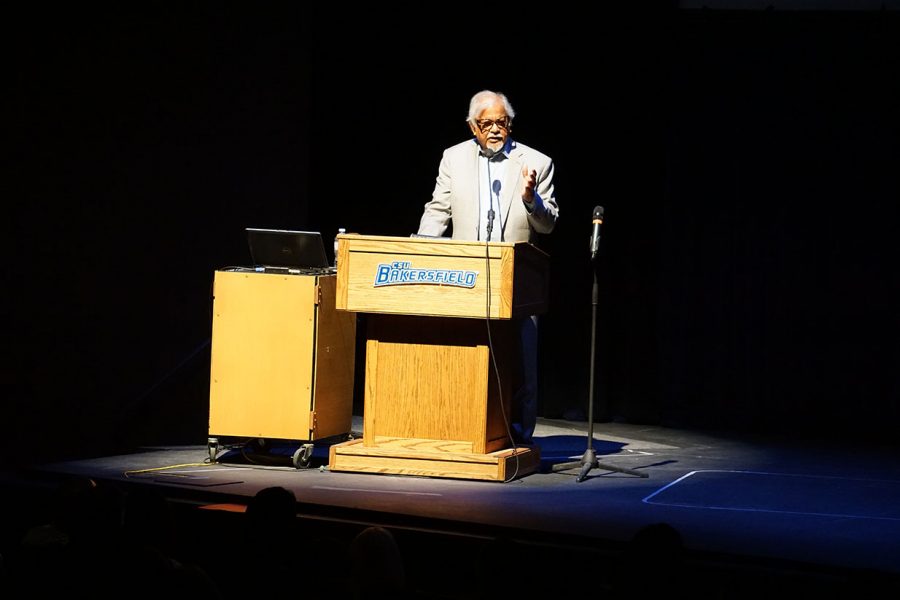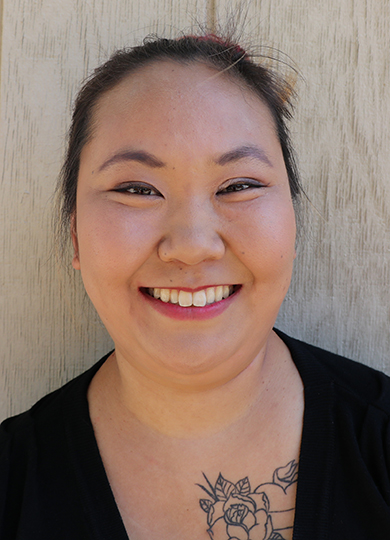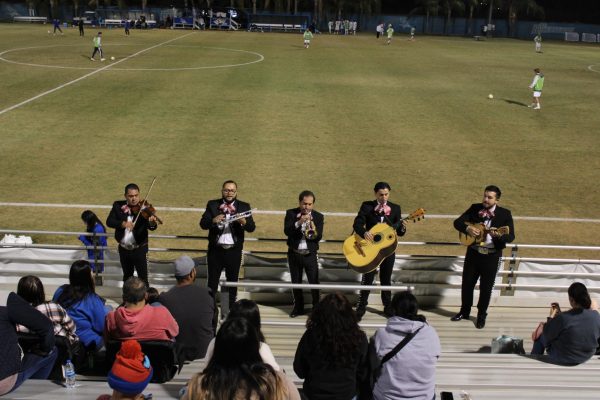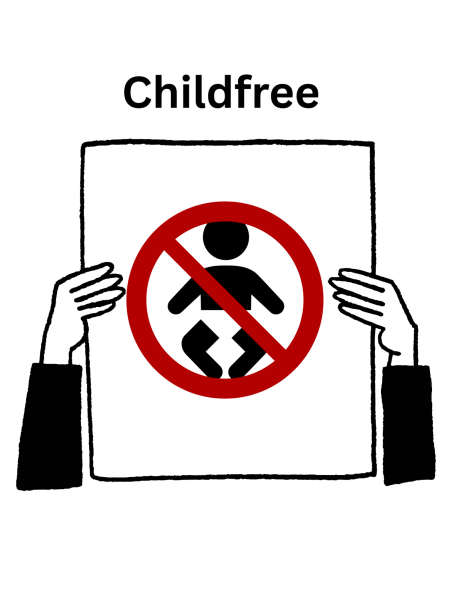Arun Gandhi speaks on Non-Violence at CSUB
Arun Gandhi speaking at Dore Theater on CSUB Campus on Sept. 28, 2019.
October 1, 2019
The Kegley Institute of Ethics’ 15th Annual Fall Lecture occurred on Saturday Sept. 28 in CSU Bakersfield’s Dore Theater. Speakers Arun Gandhi and NipunMehta discussed the teachings of Mahatma Gandhi and the applications of those teachings in modern society. Attendance was strong at the Dore Theater and included CSUB students, faculty, and leaders along with many members of the community.
“Your presence here demonstrates our community’strue investment and true value of diversity as a strength,” CSUB President Lynnette Zelezny began as she welcomed speakers, attendees, and organizers.
“We must remember, in the words of Gandhi, that ‘non-violence is not a garment to be put on and off at will, it must be an inseparable part of our being,’” Zelezny said, opening the lecture with a central theme of the two speakers.
Nipun Mehta spoke first and presented a lecture entitled “Gandhi 3.0 –Bridging Internetand the Inner-Net,” explaining how the principles Mahatma Gandhi lived and expressed fit into the present time.
“If we can change ourselves, the tendencies in the world will also change. As a man changes his own nature, so does the attitude of the world change,” Mehta stated.
Often, the specific ‘who’ or ‘what’ present day society is opposing is difficult to identify, which makes solving those issues a challenge. Mehta spoke on the necessity of “holding suffering of the world with great compassion” in order to inspire change in a nonviolent way. There lies the necessity of inner change in order to impact the outer global change.
Mehta described the evolution of Gandhi’s message, which began with Gandhi himself or what Mehta calls “Gandhi 1.0.” This message of nonviolent opposition began when Gandhi connected with individuals who then created a movement of change, or a “one-to-many” distribution of change. After Gandhi came the work of Vinoba Bhave, who created a “one-to-one” network of change, as “Gandhi 2.0.” Mehta believes that the natural progression of this will be what he calls “Gandhi 3.0,” “a many-to-many” network which is currently used in the profit and activism sector, but is not seen with love and compassion.
Following Mehta, Arun Gandhi took the stage to present “Lessons Learned from My Grandfather: Non-Violence in a Violent World,” giving the audience a glimpse of Gandhi’s teachings in practice. Arun Gandhi was the fifth grandson of Mahatma Gandhi and said one of the first lessons he learned from his grandfather was how to understand anger and how to channel the energy of anger constructively.
“More than 80% of the violence that we experience in our lives or in the lives of our nations is generated by anger,” Gandhi stated, quoting a recent Harvard study.
He urged the audience to learn how to make the internal changes necessary to prevent lashing out in a moment of anger.
Through stories of his life with his grandfather, Gandhi endeavored to show the immense power that controlling one’s anger can have on the violence seen in the world. Anger itself is not something to be ashamed of he said, but abusing such a powerful emotion is.
Another lesson his grandfather bestowed was to have Gandhi draw a genealogical tree with physical violence as one branch and passive violence as another. The result of this was the understanding that physical violence is limited due to its physical expression, while passive violence has a nearly endless capacity.
“He said we commit passive violence all the time every day, consciously and unconsciously, and that generates anger in the victim, and the victim then resorts to physical violence to get justice, so it is passive violence that fuels the fire of physical violence,” Gandhi shared.
Audience reaction to both lectures was mostly positive, with a few questioners expressing frustration with the applications of nonviolent opposition amid extreme suffering.
“I think the main thing that I am leaving with today is the fact that, how important it is not to give up on nonviolent methods, to pursue them even in the face of violence. You have to continue to pursue them and not turn to violence just because it’s taking longer than expected,” said Alondra Roman, a CSUB freshman majoring in English and sociology.
“The way he said that we react violently to passive violence that we receive, and I thought that spoke a lot to the struggles of people of color in general. Anyone who is a minority whether it be by gender or race or religion, I think that a lot of days you spend getting bullied passively and then you react violently,” said Brittany Johnson, a junior at CSUB majoring in philosophy. In an answer to her question, Gandhi spoke on movements such as the Black Lives Matter movement, stating that if activists show a lot of anger and aggression in nonviolent action, that action will not be as effective.
Both Arun Gandhi and Nipun Mehta point to the inner change necessary to inspire external change through love and compassion,a process that requires one to look within and transform weaknesses into strengths. Both speakers expressed their belief that true nonviolent moments cannot exist in states of anger, rather must be born out of love as Mahatma Gandhi taught.








